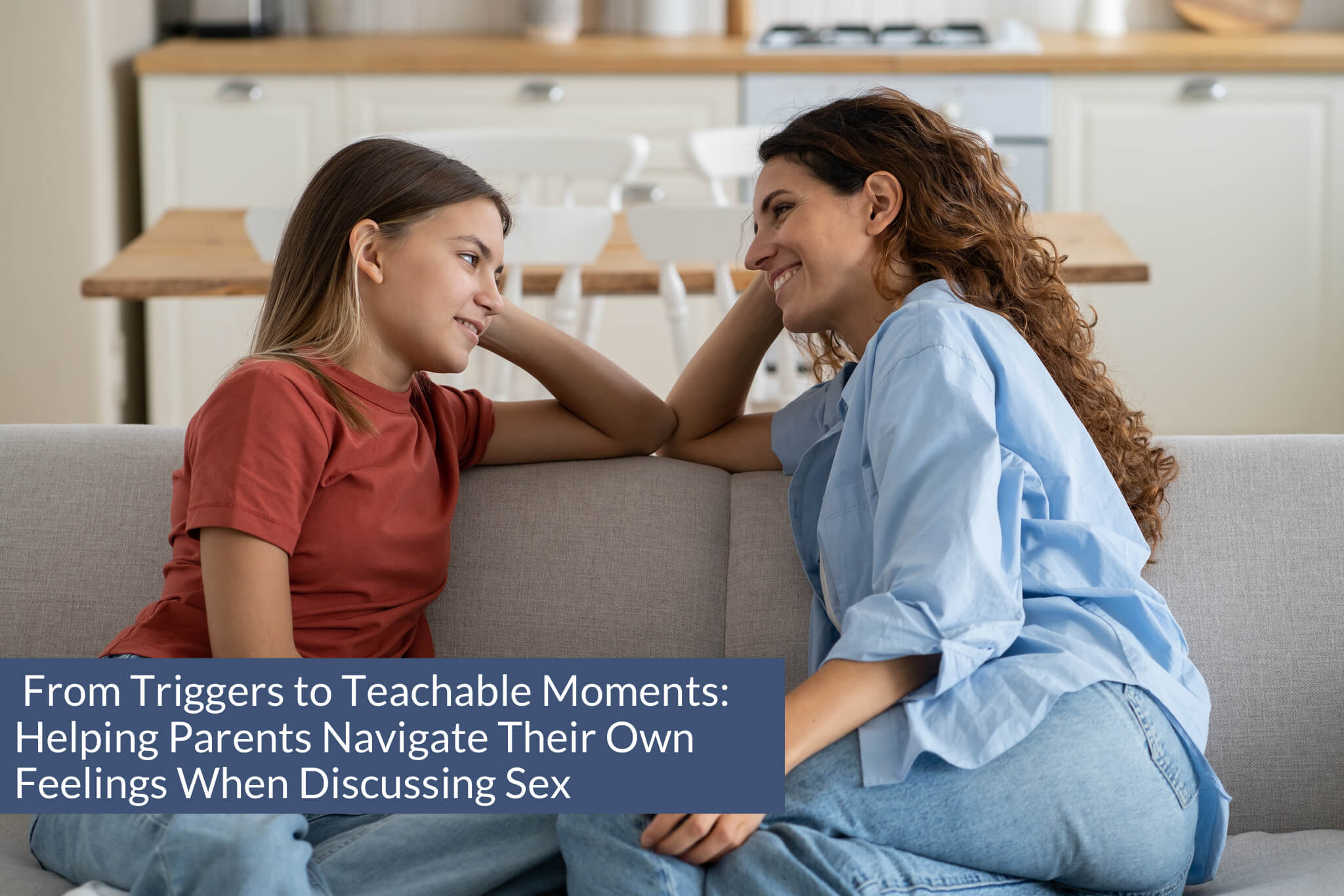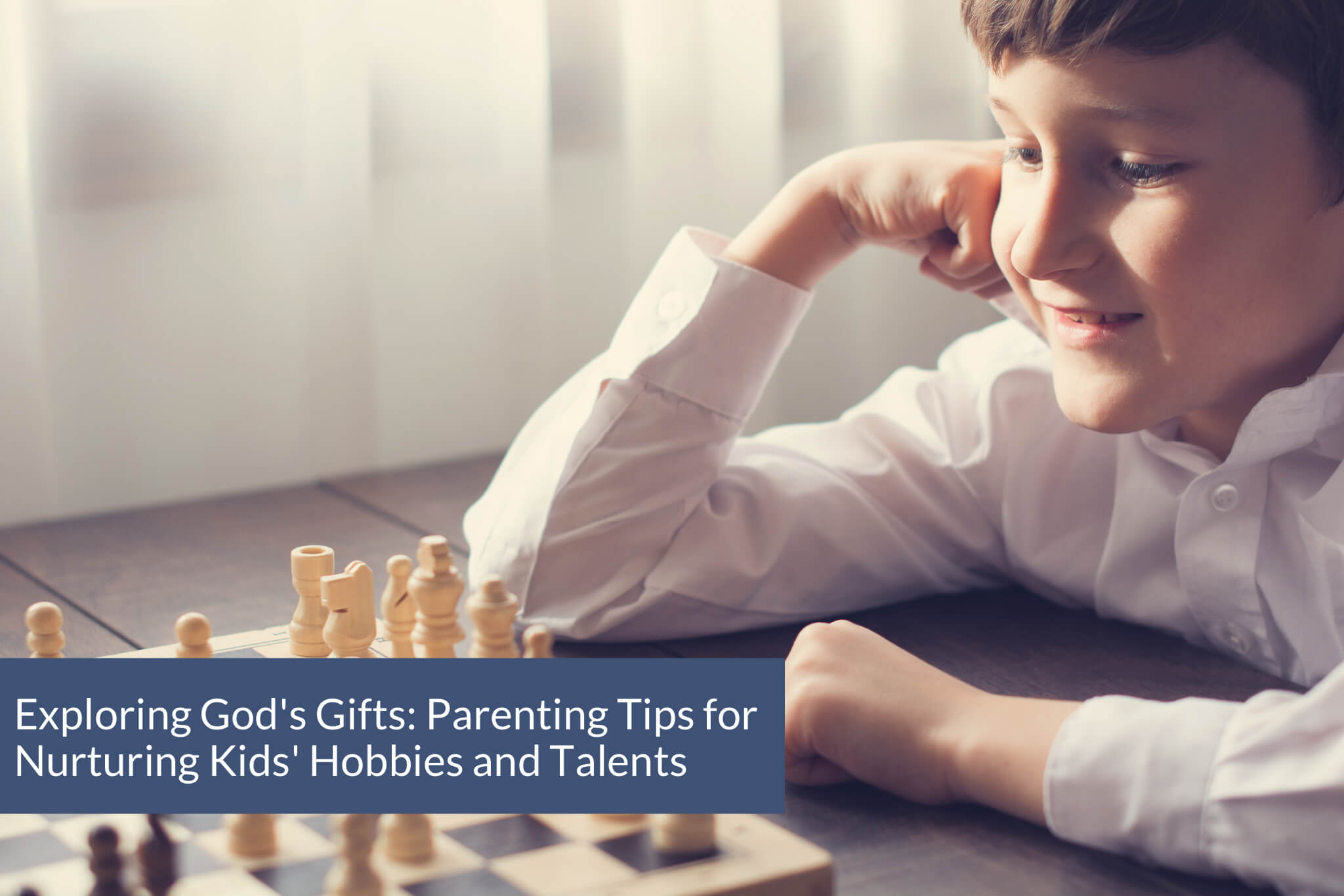
It’s something many parents experience but find confusing: a child who seems to handle school just fine can come home and suddenly have big meltdowns or outbursts. It’s tough for parents to figure out why their child, who teachers say behaves beautifully at school, falls apart as soon as they’re back at home. This behavior change often comes down to the stress kids accumulate throughout their school day. Understanding what’s behind these meltdowns can help parents find better ways to support their children and make the transition from school to home a lot smoother.
Read more...
Talking about sexuality with preteens and teenagers is so important, yet it can bring up a lot of emotions for parents.
…Aren’t they still too young for this?
…They’ll probably hear about it at school, so maybe I don’t have to talk about it?
…What if they ask about my experiences as a teen?
…This is SO embarrassing!
For many parents, discussing this topic can be especially challenging due to their own unresolved issues or discomfort related to sexuality. These difficulties often stem from generational messages, personal trauma, and cultural beliefs that shape their views. Thinking about having “the talk” with their kids can seem overwhelming and something to avoid–but by embracing the opportunity to self-reflect, the process can actually be a time of connection and positivity–with both yourself and your child. Let’s dig in!
Read more...
Every parent wants to provide a nurturing and supportive environment for their children. However, many parents struggle with hidden fears and emotional responses stemming from their own past experiences. Recognizing and addressing these responses—flight, fight, or freeze—can illuminate underlying trauma or unmet needs and foster healing and personal growth. This post explores these instinctual reactions (some that you might not have associated with FFF), their impact on parenting, and effective strategies for addressing them.
Read more...
Connecting with older kids can sometimes feel like navigating a labyrinth of changing interests, peer influences, and evolving personalities. As they mature, their interactions often shift towards more serious topics or activities, leaving parents wondering how to maintain a bond that bridges the generation gap. Playfulness and silliness may have been natural during their early years, and it's just tricky now that they're older. Surprisingly, one of the most effective bridges can be found in something seemingly unexpected: silliness.
Read more...
One of the most fun aspects of parenting a grade school-aged child is that they’re mature enough to really deeply develop and share their hobbies and interests. Kids ages 6 to 10 are often very open and excited to explore new activities, discovering passions, and developing skills that can shape their identity and future pursuits. In this article, we delve into God’s vision for understanding ourselves and how our passions can help discern His plan for our lives, why hobbies are essential at this age, and finally, how parents can effectively engage with their children's interests (even when conversations seem never-ending!).
Read more...





